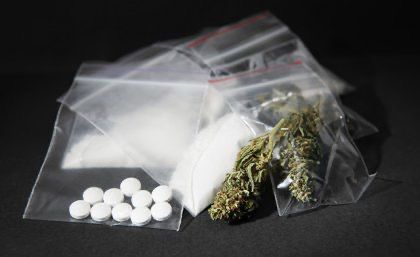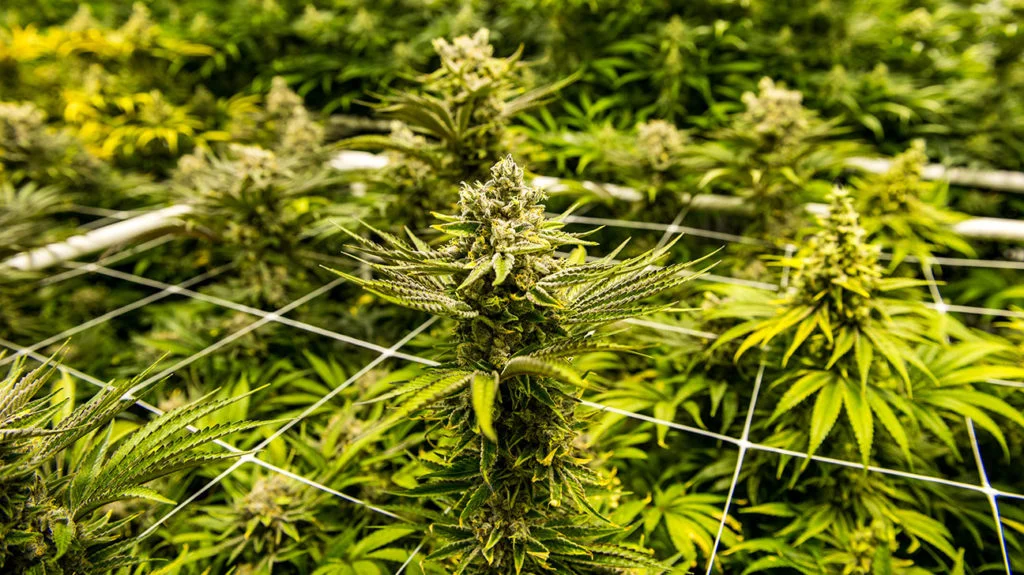SHANGHAI – China has outlined plans for encouraging mainland Chinese businesses to expand their investments in Taiwan, and has scheduled several purchasing missions to buy food and consumer products.
Top officials in charge of Taiwan affairs outlined Beijing’s policies aimed at boosting trade and investment with the island in a forum held over the weekend in the southeastern port city of Xiamen.
China and Taiwan split amid civil war in 1949, and while Taiwan President Ma Ying-jeou’s policy of allowing more investment by mainland Chinese in the island has won favour with Beijing, it has sparked protests in Taiwan.
Tens of thousands of anti-government demonstrators marched Sunday in Taiwan’s capital Taipei to protest the plans. The opposition says Ma’s overtures to Beijing weaken Taiwan’s sovereignty and might even force the island to accept eventual unification with the mainland – a charge the president denies.
The guidelines outlined Sunday by Wang Yi, Beijing’s Taiwan affairs director, urge mainland businesses to visit the island and expand their activities there.
Two mainland purchasing groups will visit Taiwan to buy fruits, vegetables, aquatic products and processed farm products, according to a copy of Wang’s speech posted yesterday on the Taiwan Affairs Office Web site. Three other missions in coming months will focus on buying consumer goods, foods and craft products, it said.
The aim, Wang said, was to help Taiwan weather the world economic crisis.
‘We are concerned about the state of Taiwan’s economy and are willing to do our best to help,’ Wang said.
‘With the expansion and deepening of exchanges, we will make unremitting efforts to do more good and concrete things for the people of Taiwan,’ he said.
Industries encouraged to invest in Taiwan include electronics, telecommunications, biopharmaceuticals, marine transport, public works, trading companies and manufacturers of textiles, machinery, vehicles and others, he said.
Taiwan-funded companies, meanwhile, will be welcomed to invest in construction projects on the Chinese mainland, and tourism from the mainland to Taiwan will also be expanded to more than 600 000 visitors a year, he said.
Wang said China will also expand the number of professional fields on the mainland open to qualified Taiwanese, such as auditing, corporate legal advisers and various types of engineers, among others.
Taiwan law firms will be allowed to open branches in Fuzhou and Xiamen, two cities in Fujian province, which faces the island across the Taiwan Strait, he said.
Taiwan’s president, Ma, has worked hard to reduce tensions with China, lifting long-standing bans on regular, direct transportation links across the 160 kilometre wide Taiwan Strait and relaxing controls on Taiwanese investment on the mainland. His administration also plans to allow Chinese to invest and buy property in Taiwan.
The two sides are working on an ‘economic cooperation’ agreement that Taiwan has long sought, hoping to cut tariffs and expand trade. -Nampa-AP
Stay informed with The Namibian – your source for credible journalism. Get in-depth reporting and opinions for
only N$85 a month. Invest in journalism, invest in democracy –
Subscribe Now!









